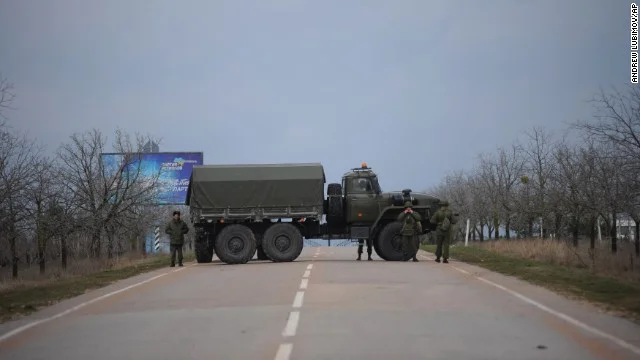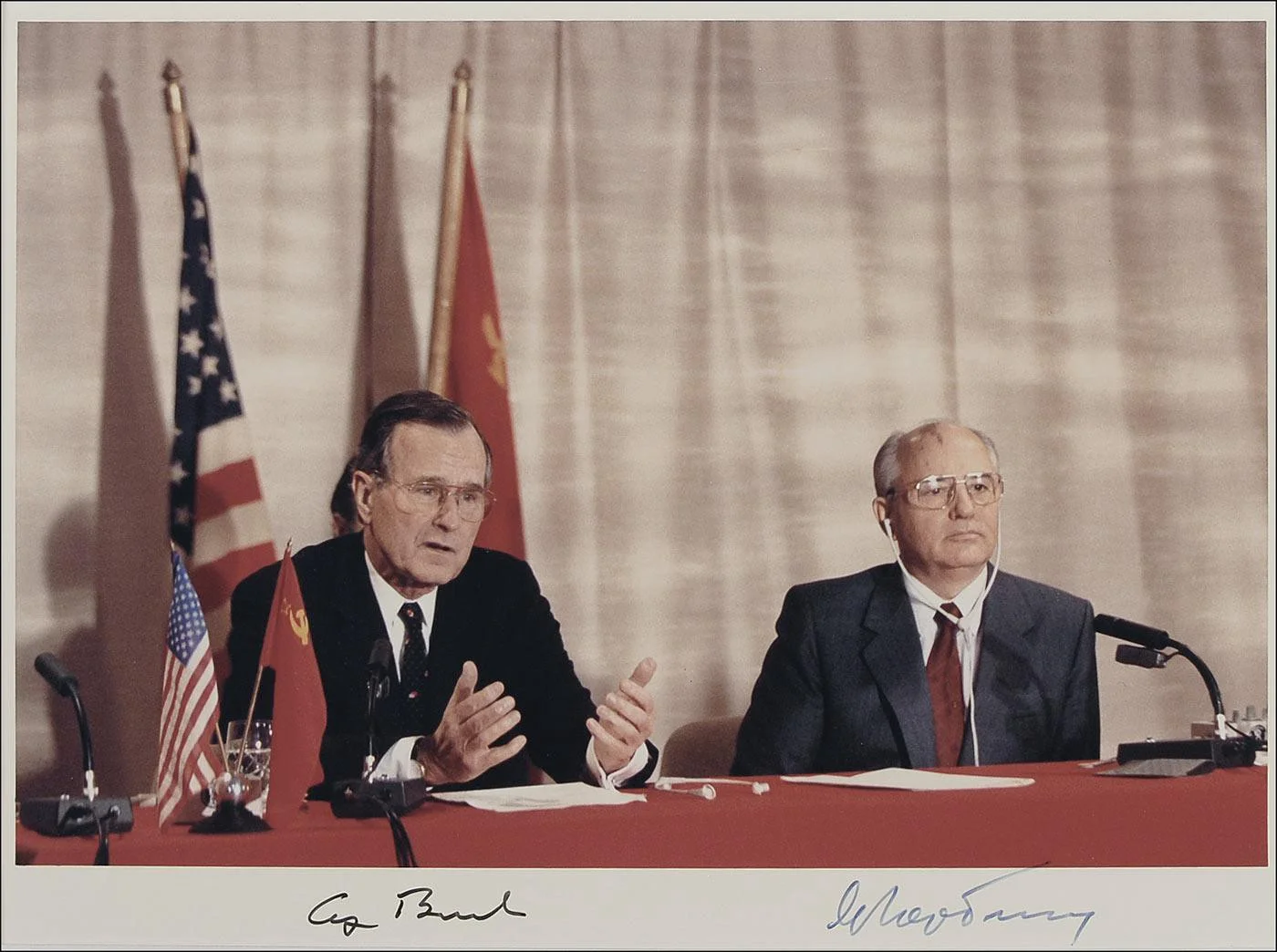A strategic opportunity to thaw the frozen conflicts in Ukraine may arise for all parties. Ukraine and the West must then decide the extent they are willing to sacrifice territory for stability, and Russia must come to terms on whether it can live with a semi-functional pro-Western government on its periphery.
Ukraine, Hybrid Warfare, and Reclaiming the Strategic Advantage
Much has been written about the morass that is Syria, and current U.S. approaches have more limitations than opportunities there due in large part to the “war of all against all” conditions. Ukraine on the other hand, is the proverbial low-hanging, and equally importantly, ripe fruit for U.S. support. This does not mean that it is without problems; quite the contrary. But equally so, it provides opportunities for the U.S. to foster its identity as a democratic Great Power, one that supports those who bear the mantle of responsive government––in clear contrast to both Russian and Chinese dictatorships, and rival regional and non-state powers vying for influence on the global stage.
Applying Jomini to the Ukrainian Donbas Conflict
Looking at the current situation on the ground for the Ukrainian military, Henri Jomini and his work The Art of War provides not only a framework for analyzing the conflict at the campaign level, but also for providing a guide to the Ukrainian military in its effort to defeat the two separatist republics. Jomini’s core principles include offensive, rather than defensive, action, as well as massing forces at a decisive point of attack to gain local superiority. His magnum opus elaborates on these principles and their application, often applying geometric concepts and terms to battlefields and theaters of war for explanations.
Strategy Mismatch in Ukraine
The U.S. military strategy for Ukraine is misaligned with the 2015 National Security Strategy. Among other things, the NSS states that the U.S. will deter future Russian aggression and leverage U.S. leadership to “mobilize collective action to address global risks.” The current military strategy employed in Ukraine does not support the NSS because it will not deter Russia from additional aggressive action and fails to prompt the North Atlantic Treaty Organization members to act on matters vital to their collective security.
Why the March 16th Referendum May Not Be the Disaster Everyone Thinks
Ultimately to use a cliché, annexation of Crimea or any intervention into the territorial sovereignty of Ukraine will back-fire, because it will rile up support for Kiev not for Moscow and it will allow the Ukrainian’s to dislodge themselves from the yoke of Russian power. Instead of creating the new Soviet Bloc that Putin desires, he will be creating a western style democracy, that will look westward for assistance and further isolate Russia.
Kiev Calling
Misguided pride in former glory is a poor reason to start a war, and it is important that as a matter of policy that allowing a war to be fought is the last option. It is also important to prevent Ukrainians from losing the independence they had sought for. The best option is the one where a solution is negotiated.
Crimea: Russia Is Harvesting the Seeds Sown in the 1990s
The way out of the Crimea issue is achievable considering the national interests of both the US and Russia. Negotiations can be made, back doors can be opened, and assurances can be given to Kiev and Europe. What is happening in 2014 does not necessarily entail a Cold War part deux, yet the path our policymakers are on make that more likely; simply because we forego history for expediency and bluster.
Crimea: It’s About U.S. Power
The United States has a choice that the Crimean case illustrates very clearly: the U.S. can help shape this new world, or it can continue to be shaped by it. Based on the debate and news that the White House has not asked for any military options in Crimea, it looks like the latter is coming true (although, it should be said, there are some interesting non-military options, too). In the end, the endless debate about Crimea is truthfully not about its future, but about the decline of U.S. power. The United States only has its postwar self and current self to blame.
The Crimean Crisis Isn’t Just About the Crimea
The Crimean situation, or the “Situation Formerly Known as the Ukrainian Situation,” has no good solutions. But there are some worse than others. On one level, it doesn’t matter much to America, nor to Europe, whether Russia or Ukraine (or, if you want to get really old school, the Turks) controls the Crimea. From a popular-sovereignty point of view, the peninsula is largely Russian and so it makes sense that it would wish to be part of Russia. From a force-majeure point of view, Russia has a fleet and forces on the scene, first mover advantage, and plenty of motivation. So there is a powerful case for acceding to the fait accompli, because after all, who wants to be the last man to die for Simferopol?










